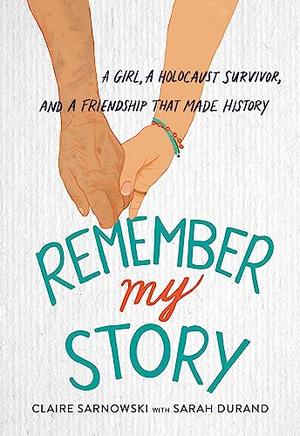The Night War by Kimberly Brubaker Bradley
Set in Paris, 1942, The Night War by Kimberly Brubaker Bradley tells the story of twelve-year-old Miriam Erika Schrieber (Miri). In the face of danger, Miri’s parents have always told her “Verne heldishe (be brave)” and “We don’t choose how we feel, but we choose how we act. Choose courage” (16). These words become Miri’s mantra when she is forced to flee the Pletzl, a Jewish neighborhood in Paris during a roundup of Jewish people. In a moment, with two-year-old Nora Rosenbaum in her arms, thrust there by a mother wanting to save her child from the Nazis, Miriam becomes Marie when a CatholicRead More →



